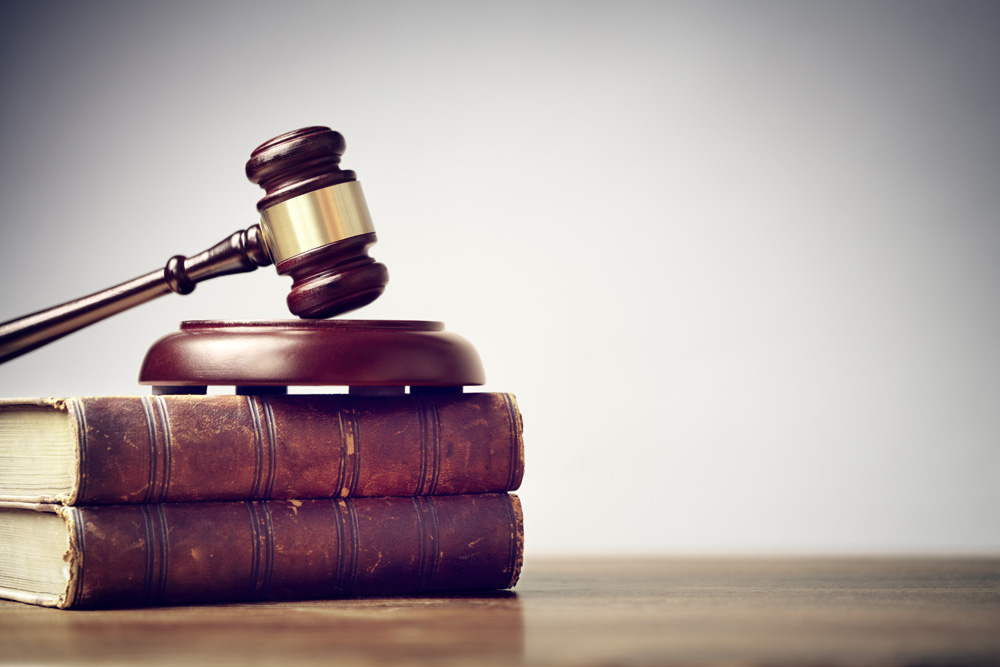
Everything You Need to Know About Accessory After the Fact Charges
Understanding accessory after the fact charges is crucial for anyone involved in a legal matter where they might be accused of aiding someone who has committed a crime. This concept refers to situations where a person has knowledge of and helps another who has committed a felony. It’s an area of law that can be complex, so understanding the nuances is essential.
At Fighter Law, our approach is grounded in knowledge and experience. We’re dedicated to helping you navigate the complexities of such charges. Whether you’re seeking legal advice or representation, our team, including our board-certified attorney Thomas Fighter, is here to offer support and guidance through every step of the process.
Understanding the Legal Definition and Criteria
Accessory after the fact charges are based on specific criteria. Firstly, a felony must have been committed. Secondly, the person charged as an accessory must have knowledge that the primary crime has been committed. And finally, the accessory must have intentionally acted to hinder the offender’s capture, trial, or punishment. This doesn’t include passive behavior but instead intentional actions like providing shelter, financial assistance, or misleading law enforcement.
In Florida, the law is explicit in defining what constitutes being an accessory after the fact. The intent plays a crucial role. The accessory must have acted with the purpose of helping the offender escape the legal consequences of their actions. This is where the line between mere knowledge of a crime and active assistance in evading justice is drawn.
These charges do not require that the accessory was present at the crime scene or even that they assisted immediately after the crime. Assistance can come days or weeks later, as long as it’s proven that the actions were intended to help the offender avoid legal repercussions.
Potential Legal Consequences and Defenses of Accessory After the Fact Charges
The legal consequences of being convicted as an accessory after the fact can be severe. In Florida, the penalties depend on the severity of the primary felony. For example, if the original crime was a first-degree felony, being an accessory after the fact is a second-degree felony, carrying significant prison time and fines.
However, defenses are available. A common defense is the lack of knowledge that a felony was committed. If the accused did not know that the person they helped had committed a felony, this could be a viable defense. Another defense is the lack of intent to help the offender avoid justice. Actions taken out of fear, coercion, or without the intention to obstruct justice can be part of a defense strategy.
Why Is Legal Representation Essential?
Navigating the complexities of accessory after the fact charges requires expertise and understanding of the law. Legal representation is not just about defending against the charges; it’s about ensuring your rights are protected and that you have a fair opportunity to present your case.
Our team at Fighter Law is equipped to handle such cases. With our experience in criminal defense, we understand the intricacies of Florida’s legal system and can provide guidance tailored to the specifics of your case.
Legal representation is also about having someone who can negotiate on your behalf, explore plea options if applicable, and ensure that any mitigating factors are brought to light. We’re committed to providing a defense that’s not only vigorous but also grounded in a thorough understanding of your situation and the law.
Why Choose Fighter Law for Your Accessory After the Fact Case?
Facing accessory after the fact charges can be daunting, but you don’t have to face them alone. At Fighter Law, we bring a combination of experience, dedication, and a deep understanding of Florida’s legal system to your case. Our goal is to provide you with the best possible defense and support throughout your legal journey.
By choosing Fighter Law, you’re not just getting legal representation; you’re gaining a team that cares about your case and is committed to fighting for your rights. With Thomas Fighter’s expertise and our team’s dedication, we’re well-equipped to navigate the complexities of your case. To discuss your situation and explore how we can help, call us at (407) 344-4837 or visit our contact form. Your first step toward a strong defense begins with us.
Share:
free case evaluation
Fill out the form below for an free evaluation of your case.
Categories
- Birth Injury
- Boating Accidents
- Car Accidents
- Civil Rights
- Criminal Defense
- Cyberstalking
- Divorce
- Dog Bite Injury
- Domestic Abuse Charges
- Domestic Violence
- Drug Charges
- DUI Charges
- Family Law
- Felonies
- Fighter Law Firm
- Firearms
- Firm News
- Guardianship
- Injunction Removal
- Injunctions
- Marketing
- Personal Injury
- Repeat Violence Injunction
- Restraining Order
- Seal and Expunge
- Self Defense
- Sex Crimes
- Slip and Fall
- Stalking Injunction
- Theft and Robbery
- Theme Park Trespasses
- Traffic tickets
- Uncategorized

